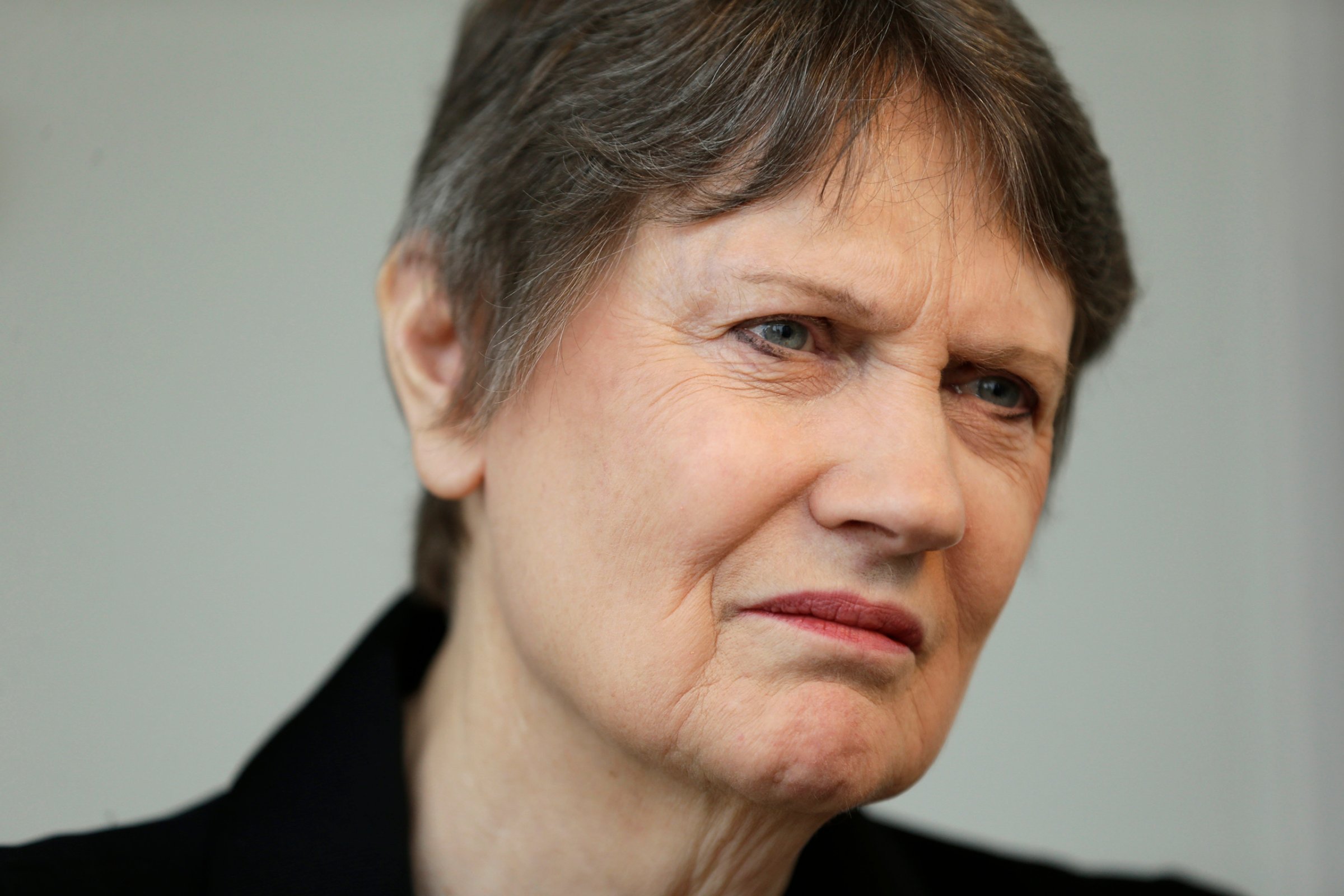
The U.N. is picking a new secretary-general this fall. TIME foreign affairs columnist Ian Bremmer spoke with Helen Clark, the former prime minister of New Zealand, about her plans for the U.N.:
What is the single most important thing that a U.N. secretary-general can do to make the United Nations a more effective institution?
The U.N. Secretary-General can bring people together. The role has unique convening power, but this is soft power based on persuasion and dialogue to bridge differences and rebuild trust where it has broken down. People look to the United Nations and to its Secretary-General to work with Member States and regional organizations to find solutions. The single most important thing the next Secretary-General can do to make the United Nations more effective and more responsive would be to use this “good offices” role proactively, with courage and conviction so that the United Nations can be a strong and relevant force for global stability.
What aspect of the U.N.’s work do you believe is in greatest need of reform?
Together U.N. members have made good progress on setting development, environment, and climate change agendas. Where the U.N. has not kept pace is on peace and security. We are seeing different kinds of conflict, the rise of extremist ideologies, and a resurgence of terrorism. The U.N. is challenged to adapt to these new threats. As well, traditional peacekeeping missions are under great strain where there is no peace to keep. Thus we need a two pronged approach: first, addressing root causes of conflict, which include poverty, social marginalization, and lack of opportunity, especially for youth; second, improving our field support for peacekeepers and our understanding of the complex environments in which we are asking them to operate.
You often use the word “practical” to describe your vision of a more effective United Nations. Why this emphasis on practicality?
My vision of a strong and relevant U.N. is one which is flexible, practical, and effective. I often use the word “practical” because this expresses my own pragmatic and outcome-focused management style. “Practical” means focusing on results, being honest about what the U.N. can and cannot do, setting priorities, and investing in people and top level performance. The Secretary-General is the Organization’s Chief Administrative Officer. In this role I would give my close attention to the drive for modernization and efficiency. U.N. Member States deserve to know that every dollar they contribute is spent wisely.
You have also said the U.N. must “move with the times” and “adapt.” In what specific ways must the U.N. adapt to a new era?
The U.N. is making use of new technology, and recently introduced an innovative administrative support system to streamline processing. I am confident that there is more potential to reduce old fashioned processing, so as to redirect resources to priorities. Second, I am an active user of modern digital communications and social media. I would lead the U.N. to extend its use of these new networks to reach out to and to become more accessible to youth and to civil society.
No institution can be all things to all people. What things do you believe the U.N. should avoid trying to do?
Research tells us that there is a tendency for any long standing organization to expand its range of interests and activities – a kind of institutional “mission creep”. The result can be trying to do too many things and none of them as well as they should be done. We see this in the U.N. Just past its 70th birthday, it is time to look at what is no longer necessary. Looking ahead, we need a new understanding from Member States of where they want the U.N. to focus.
What practical steps can the secretary-general take to help the U.N. become, in your words, “better connected and equipped to anticipate world events?”
Better connections begin at home, within the U.N. family. The links between peace operations, humanitarian responses, human rights, peacebuilding and development programs need to be seamless. As Secretary-General I would ensure that the heads of the U.N.’s pillars work together as a tight team. I would make full use of the U.N.’s extensive network of field offices around the world to give early warning of instability in order to enable preventive measures to be attempted, and to help sustain peace after conflict. There are gains to be had from closer co-operation with major non-governmental organizations, civil society, and the private sector. The U.N. cannot solve all the world’s problems, but we can make more progress if we work closely together.
More Must-Reads from TIME
- Cybersecurity Experts Are Sounding the Alarm on DOGE
- Meet the 2025 Women of the Year
- The Harsh Truth About Disability Inclusion
- Why Do More Young Adults Have Cancer?
- Colman Domingo Leads With Radical Love
- How to Get Better at Doing Things Alone
- Michelle Zauner Stares Down the Darkness
Contact us at letters@time.com